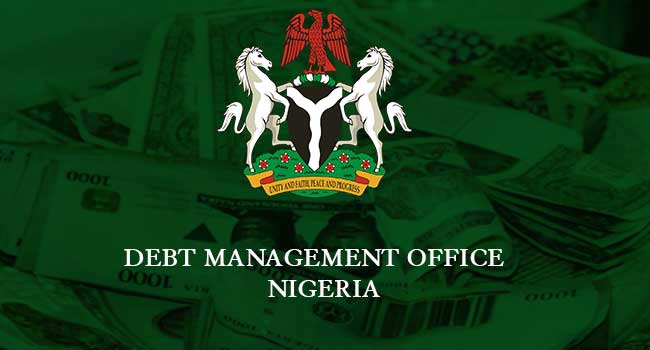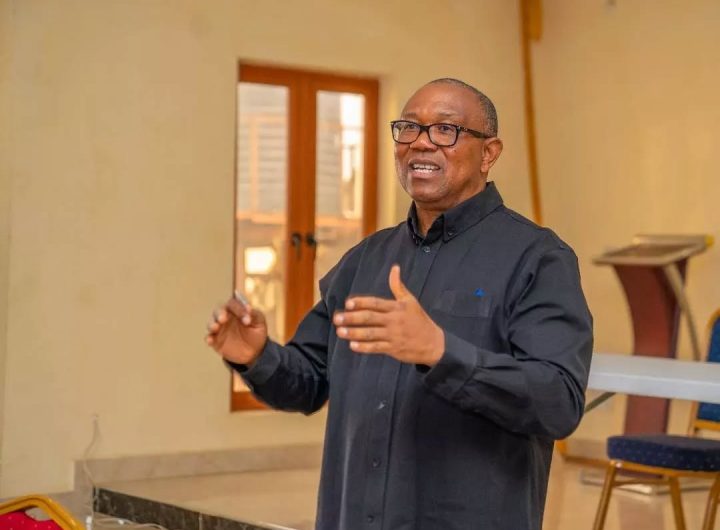
Nigeria’s debt and government borrowing has increased to N35.5 trillion, with each Nigerian now owing about N165,500 to countries, international organisations and domestic investors.
According to reports by Debt Management Office (DMO) published on Wednesday, Nigeria’s present debt stock increased in the last six months to 7.75 percent.
This report is higher than the N32.9 trillion recorded at the close of 2020.
With an estimated population figure of 200 million, the current debt per capita which is calculated as the total public debt of a country divided by the country’s population, is N165,500.
Within the last six months, Nigeria’s debt increased by 0.60 percent from N164,500 in December, to N165,500.
However, the Director-General of DMO, Patience Oniha, gives a breakdown of Nigeria’s debt stock, while advising on the need to minimize the borrowing rate.
She noted:
“The percentage of FG’s share of the national debt had increased from 81.94 per cent as at December 2020.
“The debt stock is within the acceptable limit; the challenge is not much is done to shore up poor revenue, if this is not done the country risks the debt sustainability issue.
“We should focus on revenue. The good thing about it is that the Minister of Finance, Budget and National Planning has started a programme aimed at growing the revenue profile. We must discipline ourselves to follow through to grow our revenue. If we continue to borrow and do nothing about growing our revenue base as other countries have done, we may have a debt sustainability challenge.
“The country’s debt to GDP remained considerably low at 21.92 per cent, up from 21.61 per cent last year.
“We are currently working at converting it to a tenor facility. This is because overdrafts should be cleared when they are due,” Oniha stated.
Source: Ripples Nigeria
Featured Image Source: Daily Nigerian

 Trump Warns Putin Of Tariffs Over Ukraine War
Trump Warns Putin Of Tariffs Over Ukraine War  Peter Obi Condemns National Assembly’s Vote On State Of Emergency In Rivers State
Peter Obi Condemns National Assembly’s Vote On State Of Emergency In Rivers State  Pornographic Actor Anna Polly Falls And Dies From Hotel Balcony While Filming
Pornographic Actor Anna Polly Falls And Dies From Hotel Balcony While Filming  NYSC Members Set To Receive Monthly Allowance Of 77,000 From March
NYSC Members Set To Receive Monthly Allowance Of 77,000 From March  Why Trump Kicked Ukrainian President Zelenskyy Out Of The White House
Why Trump Kicked Ukrainian President Zelenskyy Out Of The White House  Zoe Saldaña Is The First Dominican-American To Win An Oscar; See All The Winners
Zoe Saldaña Is The First Dominican-American To Win An Oscar; See All The Winners  Commercial Motorbike Rider Fatally Stabbed By Wife Over Financial Dispute
Commercial Motorbike Rider Fatally Stabbed By Wife Over Financial Dispute